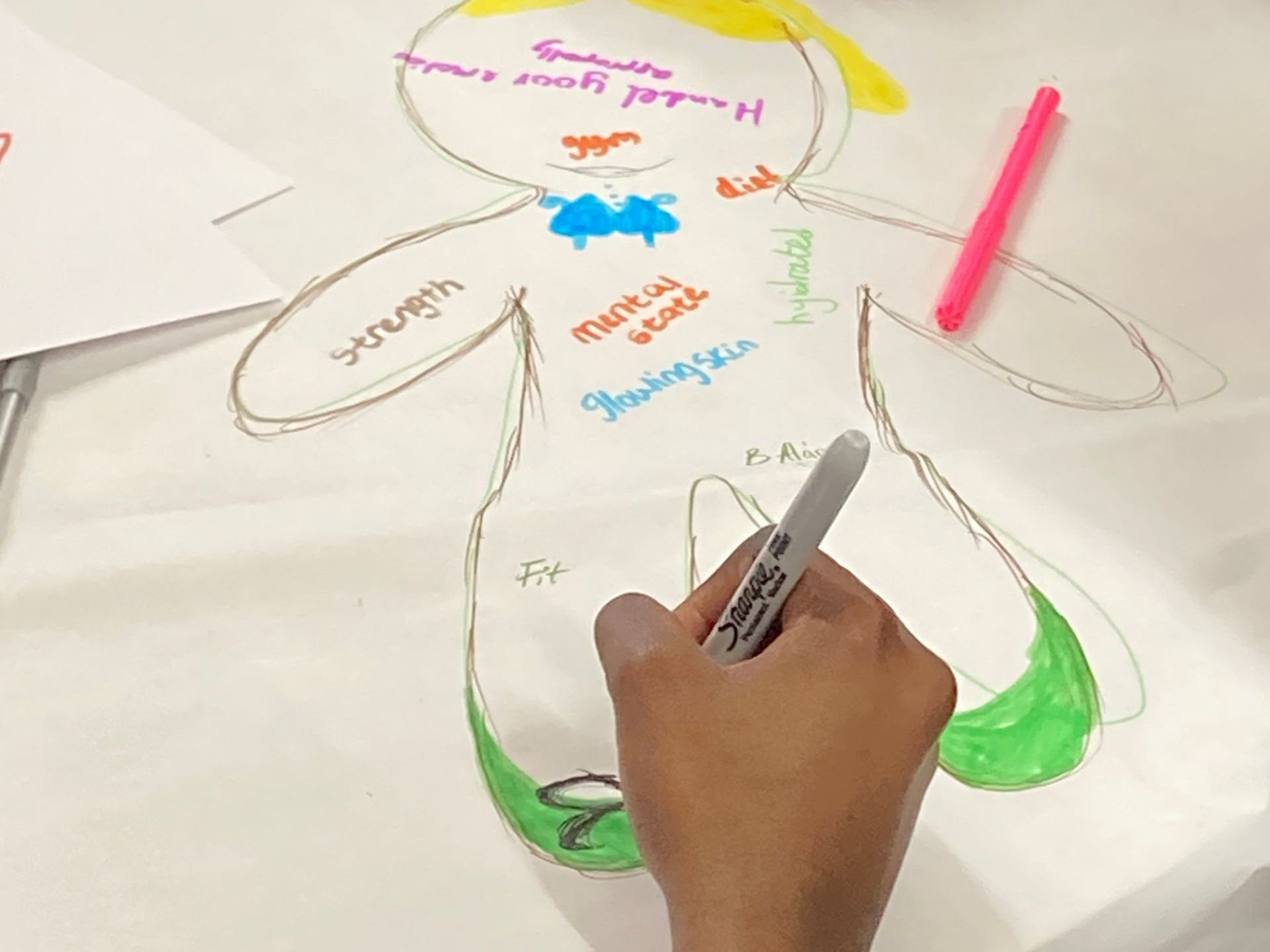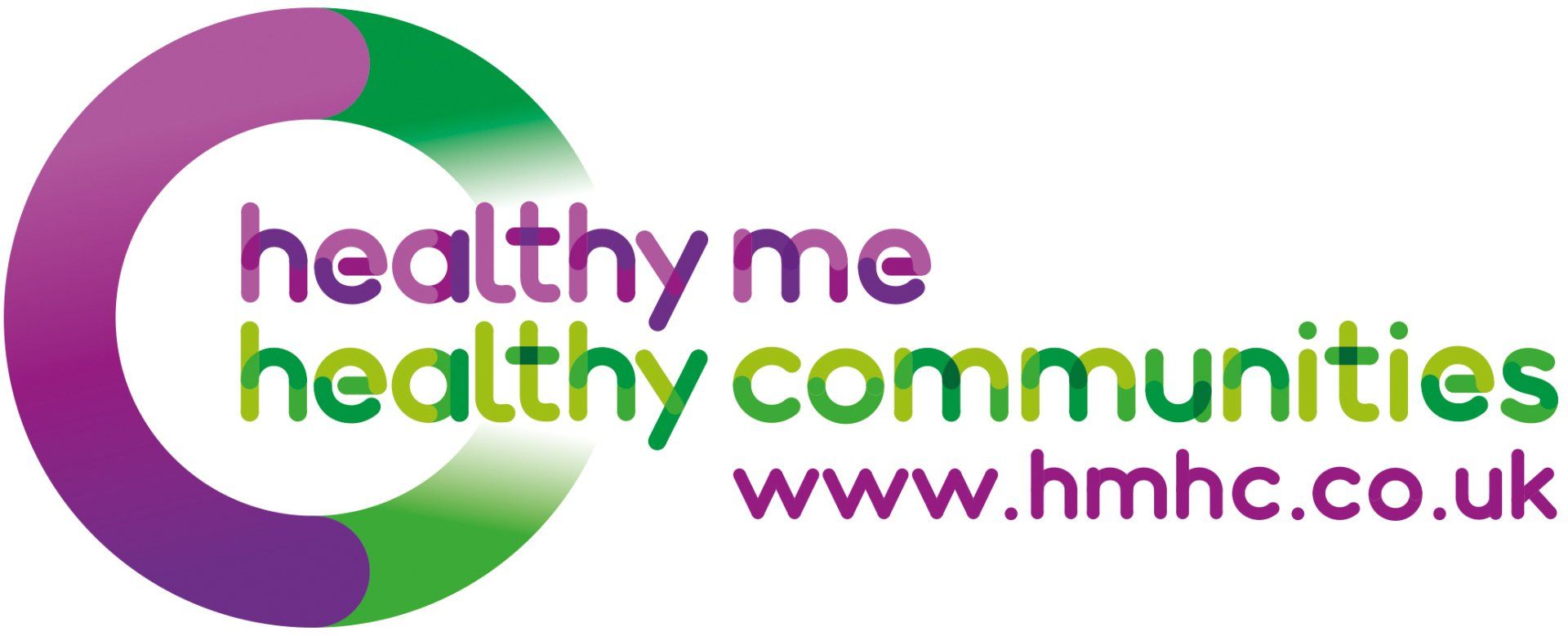Manchester Healthy Weight Strategy Engagement
April 2025
Appointed by Manchester City Council, Healthy Me Healthy Communities CiC coordinated engagement workshops in Gorton & Abbey Hey and Openshaw in East Manchester with children & young people, along with facilitation by Creative City.
The workshops adopted the Lundy Model of participation and creative and participatory activities. The aims were to understand the participants’ perceptions of health, the wider determinants that impact children and young peoples’ opportunities to stay healthy and access physical activity, and what influences their choices. Also, views were gathered on how young people would like to be engaged with around similar topics.
Manchester is in the process of reviewing and updating its Healthy Weight Strategy, with a continued focus on a ‘whole family’ approach to healthy weight. An important aspect is to understand Manchester residents’ perceptions and opinions of the issues. The findings from these engagement activities will be incorporated into the strategy refresh and delivery.
Manchester is also working with children’s charity, UNICEF UK, to become a Child Friendly City to create a city where children and young people have a meaningful say in, and truly benefit from, the local decisions, services and spaces that shape their lives. Manchester’s children and young people picked ‘healthy’ as one of the ‘badges’ (priorities), alongside ‘safe’, ‘place’ and ‘equal and included’. The work around the Healthy Weight Strategy aligns to Manchester’s aim of becoming a UNICEF Child Friendly City by involving children and young people in decision making and influencing health and wellbeing strategy design.
findings
- Health Awareness: Participants understood personal health determinants but had limited awareness of commercial influences (e.g. fast food, advertising).
- Local Environment: Limited local activities cited; barriers included cost, community safety, and lack of youth-oriented options.
- Community Safety: Major concern affecting physical activity; issues included anti-social behaviour, poor lighting, and fear of adult sexual interest.
- Mental Health: Strongly linked to self-confidence, motivation, and sense of achievement; key factor in health-related choices.
- Peer Influence: Positive and negative peer dynamics significantly impact wellbeing (e.g. friendship, bullying, discrimination).
- Cost of Living: High food prices limit healthy eating choices; perception persists that healthy food is more expensive.
- Vaping: Concerns raised about easy access, youth-targeted marketing, and insufficient legislative protections.

Recommendations for future research
- Set Clear Objectives: Define goals for both youth experience and research outcomes.
- Positive Feedback: Participants enjoyed activities, felt heard, and valued contributing to decision-making.
- Workshop Structure: Combine broad exploratory sessions with focused workshops for deeper insights.
- Responsive Content: Address planned topics and provide time to explore those raised during the workshop.
- Appropriate Language: Avoid assumed terms like "healthy weight"; use workshops to refine language and themes.
- Familiar Settings: Hold events in youth-friendly, familiar locations to support local relevance.
- Participant Incentives: Provide food and gift vouchers to recognise participants’ time and input.



Sign up
to our Partner’s Bulletin to keep up to date on our work, partnerships and collaborations.


